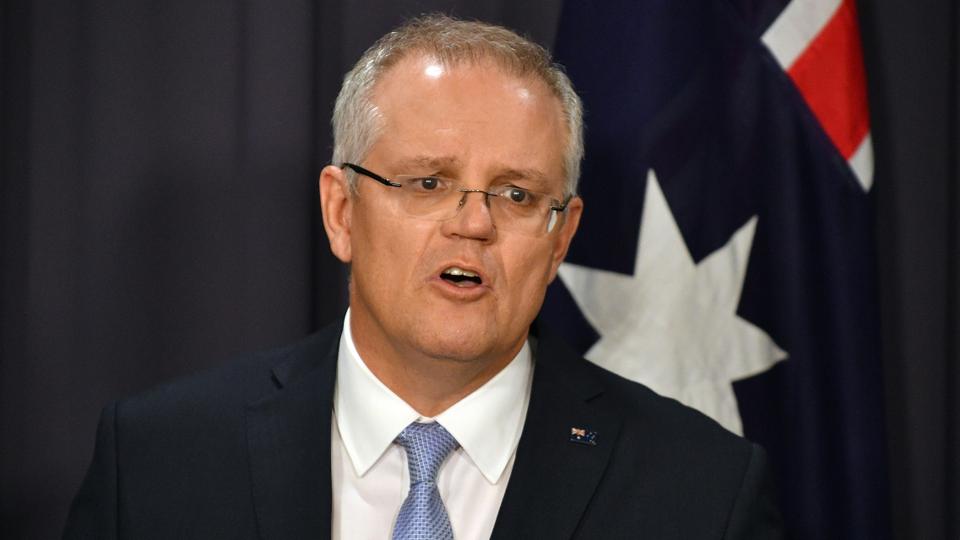Money
Why airlines have been forced to fly no passengers to Australia

Money
Big banks, inflation, and earnings: What to watch this week
Major banks and corporations report earnings this week, influencing market outlook and economic indicators ahead of 2026.
Money
Boeing hits seven-year high in plane deliveries as demand soars
Boeing’s aircraft deliveries hit a seven-year high, bolstered by demand and new orders, including Alaska Airlines’ purchase of 105 jets.
Money
Wall Street hits record highs as markets shrug off Venezuela tensions
US markets hit record highs as investors shrug off geopolitical tensions, with the S&P 500 up 0.7% and Dow 1%.
-



 Tech4 days ago
Tech4 days agoCES 2026 Highlights: AI, robotics, and the future of innovation
-



 Ticker Views2 days ago
Ticker Views2 days agoViruses experts are watching in 2026
-



 Crypto3 days ago
Crypto3 days agoMorgan Stanley files for Bitcoin, Solana, and Ethereum ETFs
-



 Tech3 days ago
Tech3 days agoGlobal memory chip shortage set to drive electronics prices higher
-



 Tech4 days ago
Tech4 days agoCES 2026 opens with AI powering the future of tech
-



 News1 day ago
News1 day agoTrump declares US ready to support Iranian protesters
-



 News4 days ago
News4 days agoPM initiates royal commission on anti-Semitism and unity
-



 Ticker Views4 days ago
Ticker Views4 days agoIran’s leaders should take Trump’s warnings seriously. They have few options left








